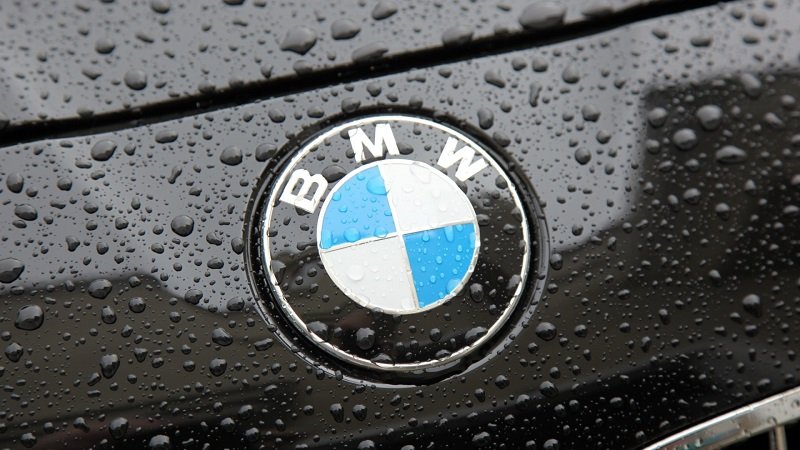BMW Did Not Manipulate Emissions Data, German Magazine Says

The test results "in no way" mean BMW manipulated or had switch-off devices installed, Auto Bild said today in a statement.
BMW said earlier it doesn't cheat on emissions tests, responding to the Auto Bild report that the X3 xDrive 2.0d model exceeded the European limit for air pollution.
BMW’s stock fell after the report by as much as 9.7 percent in Frankfurt trading on Thursday, the most in more than four years, on concerns that the automaker would be involved in the diesel-emissions scandal that led to the resignation of Volkswagen Group CEO Martin Winterkorn on Wednesday.
The X3 SUV had emissions more than 11 times the European limit when road-tested by the ICCT, the same group whose tipoff led U.S. regulators to investigate a gap between the emissions VW and Audi diesel-powered cars showed in the testing lab and on the road, Auto Bild said.
"The BMW Group does not manipulate or rig any emissions tests," the company said in a statement in response to the report. "We observe the legal requirements in each country."
BMW said it's not familiar with that road test and that there's no system in its cars that responds differently to tests than it would operate on the road.
Volkswagen has admitted to installing software designed to circumvent regulations by turning on full emissions controls only when the car detects it's being tested.
Two other studies by ICCT showed that BMW's X5 SUV and 13 other BMW vehicles tested comply with legal requirements on emissions of lung-irritating nitrogen oxides, BMW said. An ICCT spokesman on Thursday declined to comment on the BMW X3 diesel test.
BMW stock fell to as low as 72.05 euros in the sharpest intraday decline since August 2011 on Thursday, and closed down 5.15 percent in Frankfurt.
"There is no suggestion BMW has done anything illegal," said Juergen Pieper, a Frankfurt-based analyst with Bankhaus Metzler. "However, there are concerns for the long-term damage on the business with diesel cars."
Tougher tests
Auto sales of the BMW namesake brand with diesel engines last year made up about 38 percent of total deliveries, roughly in line with diesel-car sales at other manufacturers, the company said.
Starting in mid-2017, new cars in Europe will need to pass tougher road tests than the laboratory review used today to measure emissions. Germany wants to speed up that timeline, Environment Minister Barbara Hendricks said. The European Union currently allows manufacturers to optimize results with tactics such as stripping the car of excess weight or removing the air conditioner, according to Tuev Sued, a German company that performs tests for carmakers.
Such strategies have contributed to a widening gap between reported results for diesels and the pollution that really comes out of their tailpipes, according to the European Commission, the regulatory arm of the EU.
Emissions measured in road tests of 15 new diesel cars were an average of about seven times higher than European limits, according to a study ICCT published last October.
Related News


